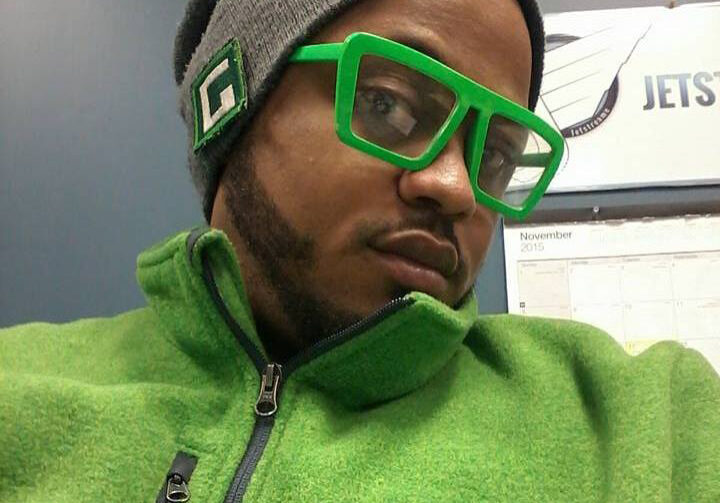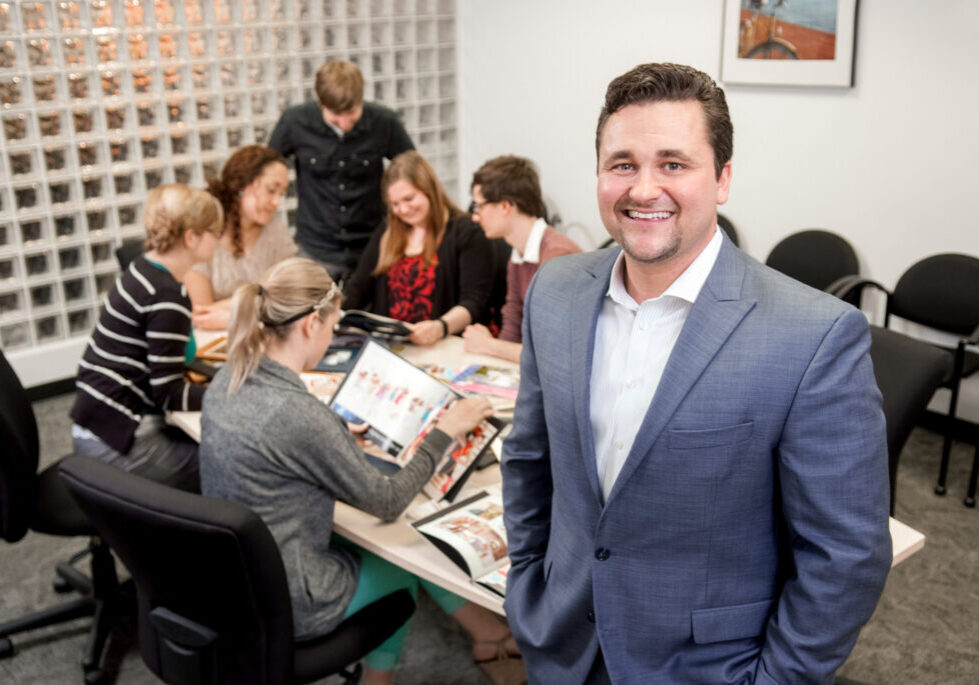Three decades ago when art gallery owner Ann Connelly set up shop in Baton Rouge, she focused on antique European drawings that she had been selling at markets around the country.
“Then when we opened the doors, there wasn’t anybody interested in antique drawings — not a soul interested in Baton Rouge,” Connelly recalled during the “Artrepreneuers” discussion panel at BREW.
Connelly and her husband quickly pivoted to contemporary art, which was supported in part by a growing LSU community that supported young artists, and they have carved out a place in the Baton Rouge art community. “We’re constantly figuring it out — and I think that’s part of being creative,” she says.
Connelly was joined on the discussion panel by other artistic-minded entrepreneurs, including established business owners and creative side-hustlers. The session was moderated by Xero Skidmore, director of community engagement for the Arts Council of Greater Baton Rouge.
Embracing Flexibility
Kathryn Hunter, an artist who owns Blackbird Letterpress, which specializes in quirky animal stationery, handmade notebooks and cards and invitations, says patience and flexibility have been key to building her business. “We print and make things all the time and I’m like, ‘I love this — but there’s a really good chance it’s not going to sell,’ ” she says. “I have to be OK with that.”
Damien Mitchell, who runs an industrial design studio specializing in soft goods design and leather work, says he applies the concept of continuous iteration to his still-new business as it develops.
“When you’re designing something you’re going to change the design 15 times until you get something that you’re OK with,” he says. “I feel the same thing happening with my business. I go through these different stages and it’s perfectly fine. I don’t look at it as a failure. It’s something that I learn from — and I take the information and apply it to this new step.”
Similarly, Madeline Ellis, jewelry-maker and founder of Mimosa Handcrafted, says she has learned to take the creativity, agility and scrappiness that has served her in her artwork and apply it to the business side of her enterprise. “Once I realized I could use that same creativity on how to manage people and how to advertise … I was like this was another creative outlet,” she says.
Taking the Leap
Several panel members offered insights into transitioning an artistic business from a side hustle to a full-time opportunity. Taylor Jacobsen, founder of Urban Canvas Studio, an architecture and planning firm in Baton Rouge, says it’s critical to keep expenses as low as possible.
Reducing costs will help you focus longer on your passion and give your venture a better chance of success, he says. “You just have to keep going, stay in the game as long as you can,” he says. “I promise if you keep presenting high-quality work, you will find that contract, you will find that next investor, that next thing to all of a sudden help you get to that turning point.”
Hunter says she lives above her company’s studio space because she realized a separate studio didn’t make financial sense early on in her company. “Blackbird Letterpress pays me rent,” she says. “Those are the ways you figure out how to do that.”
Lessons Learned
Ellis says that as her company has grown in the past year, she has learned to take her time when developing new products. “It’s just realizing I have to go slow and be patient with all of this — a lot more patient than when it was just me and one or two people,” she says.
Jacobsen, whose company designs urban art installations, says he’s learned the importance of staying authentic and focusing on high-quality work rather than merely trying to push a product to make a sale. “When you’re authentic it comes across that way and people will buy into that more than you believe,” he says. “That has helped me sell things in ways I never understood.”
Authenticity, in fact, was a theme of the panel, with multiple creators saying it’s key to success. “It’s all about authenticity — what you love and what you’re passionate about and how you’re going to express it,” Connelly says.




